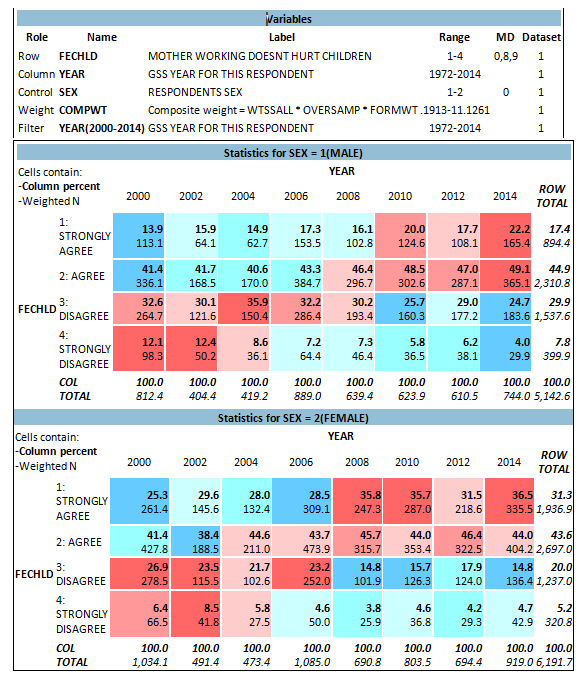What is happening with respect to funding for higher education?
A. The share of all public universities' revenues derived from state and local taxes declined from 96 percent in 1991 to 79 percent today.
B. Since the recession ended, thirty-two states have significantly reinvested in higher education.
C. Per-student funding in California, Idaho, Indiana, West Virginia and Tennessee is down by more than one-third since the start of the recession.
D. The decline in government spending on higher education results in both high tuition and drastic spending cuts that may diminish the quality of education.
Answer: D
You might also like to view...
Studies of health care costs show that a. health care administrative costs in the United States are lower than in most other nations
b. Americans pay less for patented brand-name prescription drugs than any Western nation. c. health insurance premiums are not rising as fast as the pace of inflation. d. the pharmaceutical industry tends to overestimate their research and development costs.
Which of these is NOT a focus found in the work of both Marx and Weber?
a. religion b. social solidarity c. the economy d. social stratification e. social change
In 2014, the percentage of men respondents who strongly agreed with the idea that mothers working doesn’t hurt children was approximately ____ and the percentage of women who strongly agreed with this idea was approximately ____.
Figure 7.1

A team of researchers is interested to know whether beliefs about working mothers are related to respondents’ gender, and how these beliefs have changed over recent years. They make a cross-tab of FECHLD by YEAR, using SEX as a control variable. The variable FECHLD corresponds to the survey question, “Please tell me whether you strongly agree, agree, disagree, or strongly disagree with it… A working mother can establish just as warm and secure a relationship with her children as a mother who does not work.”
a. 22%; 37%
b. 9%; 21%
c. 33%; 52%
d. 15%; 41%
Many Americans pay for haircuts, trips to the dentist, or transportation on the metro and bus systems. These actions support the notion of capitalism, an example of _____.
a. Non-material culture b. The counterculture c. Material culture d. A cultural universal